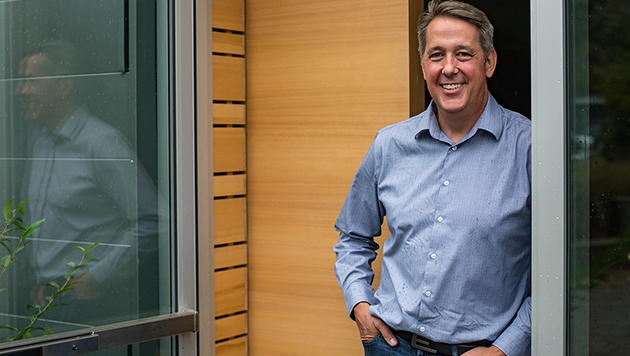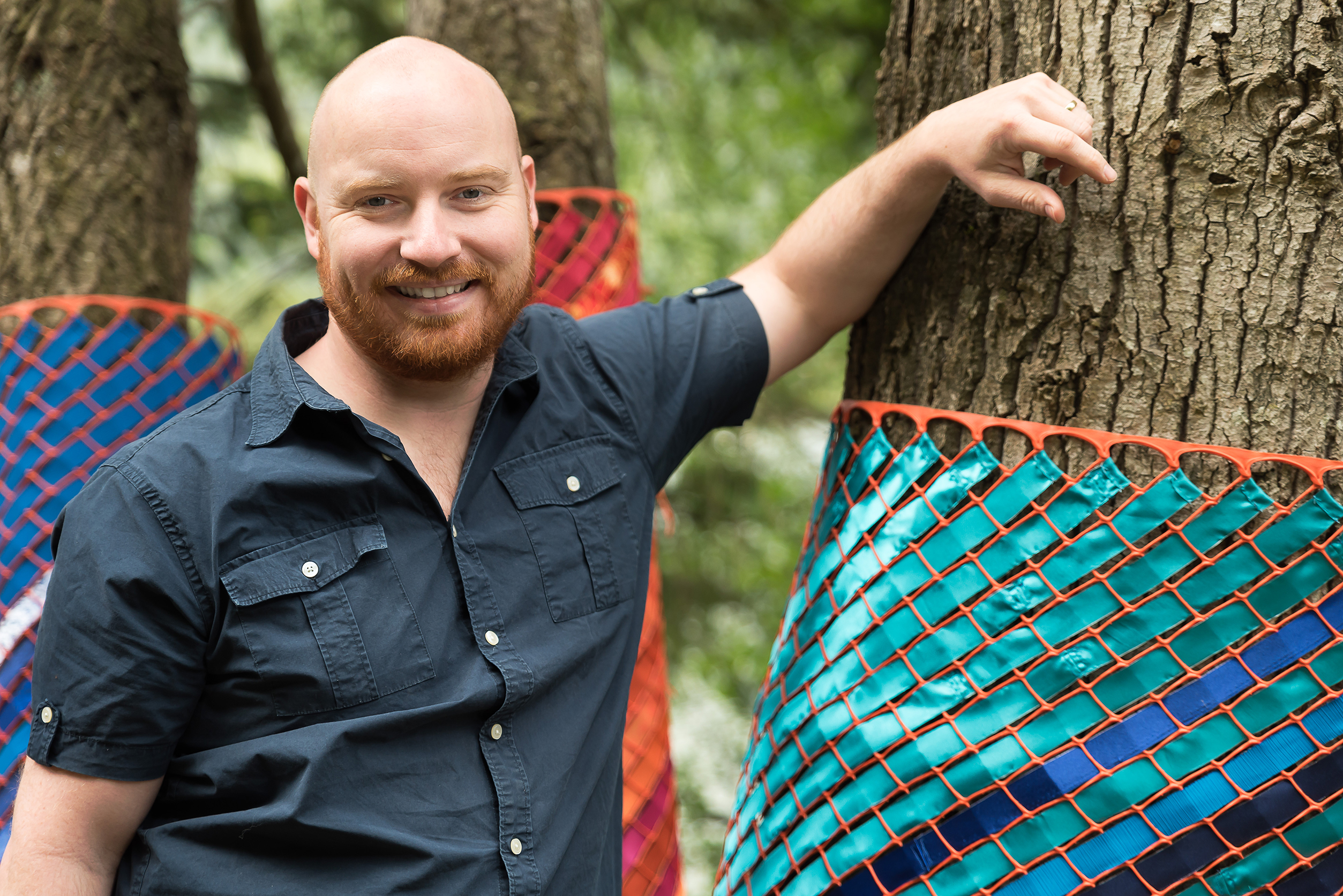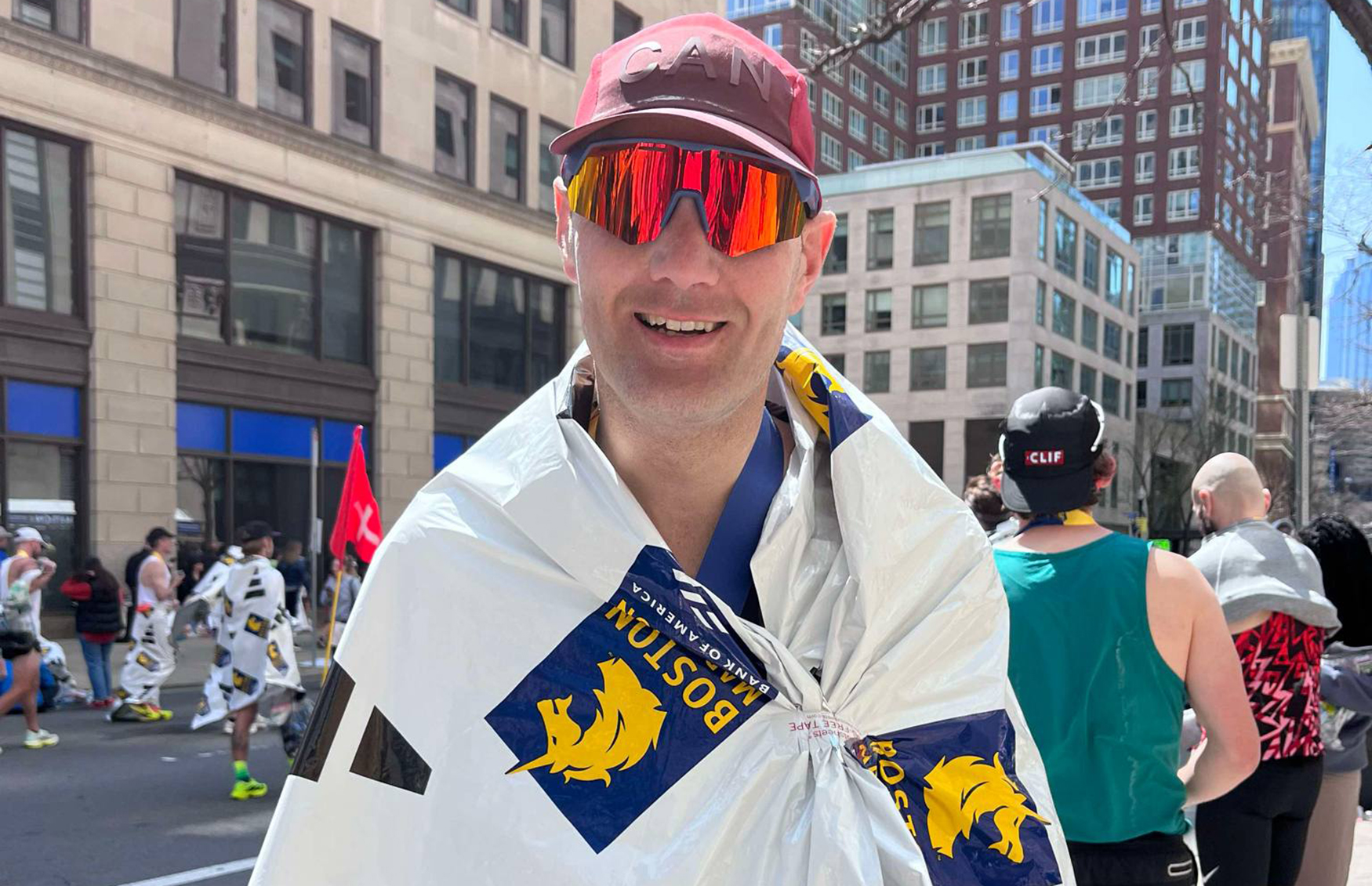UFV launching Peace and Reconciliation Centre
The year 2020 has given us a global pandemic, world-wide protests around social justice issues, and the continued rise of terrorism. According to the 2020 Global Peace Index (GPI) global peacefulness has declined over the last year, for the fourth time in five years.
Given that decline, the Peace and Reconciliation Centre (PARC) at the University of the Fraser Valley is launching at an appropriate time. PARC will focus on local, national, and global issues of peace and reconciliation, and serve as a place for collaboration for UFV faculty, students, and community partners.
PARC is the only centre of its kind in Canada and has a distinctively collaborative and interdisciplinary focus.
Dean Jacqueline Nolte from the UFV College of Arts was instrumental in working with community partners to found the Peace and Reconciliation Centre.
“Our vision is to build a supportive place for students, faculty and community to engage in dialogue, research, action and creative expression on issues of difference, conflict and action toward sustained and meaningful peace and reconciliation,” Nolte notes.
“Through the centre, we will facilitate deep listening and mediation such that all people will feel heard and acknowledged and we will facilitate constructive processes aimed at transforming conflict and building community that is characterised by relationships of trust, social justice, and the celebration of our diverse identities and common humanity.”
The official launch of PARC will occur on Thurs, Sept 24, 2020. This online event will be hosted by Dr. Keith Carlson and will feature two high-profile keynote speakers: The Honourable Bob Rae, previous Ontario Premier and current Canadian Ambassador to the United Nations, and The Honourable Steven Point, a Grand Chief of the Stó:lō Nation, a retired provincial judge, UFV alumnus, and current University of British Columbia Chancellor. Both of these speakers have many years as social justice advocates.

Keith Carlson has been appointed chair of PARC, with Benji Vanderpol serving as community co-chair. Carlson is a UFV-based Canada Research Chair, whose expertise and specialty is community-engaged, reconciliation-focused historical research. He has worked extensively with local Indigenous communities for nearly three decades, first as a staff historian and research coordinator for the Sto:lo Nation in Chilliwack and then as a professor at the University of Saskatchewan and subsequently UFV.
Carlson notes that the launch of a centre at UFV focused on peace and reconciliation is timely and relevant, due not just to global events but because of UFV’s work with local Indigenous communities and UFV’s own reconciliation efforts.
Carlson hopes PARC will serve as a place where people can come to “co-create answers to issues.”
He emphasizes that the world’s problems cannot be solved by one discipline, or by experts working in silos.
“We need the artists, political scientists, sociologists, and historians working side by side,” he says. “That’s why universities are so well-suited to these multidisciplinary challenges. We hope to create a space to respond to local, national, and global needs; a place where students, faculty, and community members can come to work together to research and solve these issues.”
PARC was founded in April 2020 and recently received a significant donation that has allowed it to push its mandate forward.
PARC’s steering committee is made up of UFV staff, faculty, students and community members, including co-chair Benji Vanderpol, and community representatives Kat Pennier and Fran Vanderpol, among others. The Oikedome Foundation, run by the Vanderpol family, is a major funder of PARC.
Benji Vanderpol brings his family’s philanthropic drive as well as years of experience working with youth. Kat Pennier, a long-time leader in the Sto:lo community, has been working since the ‘70s in the local community to bridge relationships between Indigenous and non-Indigenous people.
“There are few people I respect more than Kat Pennier,” notes Carlson.
He also stresses that the centre is not just focused on Indigenous/Settler reconciliation.
“We will also look at global reconciliation issues and areas of historical conflict such as Northern Ireland, South Africa, and Israel and Palestine.”
Carlson says that he wants PARC to be an open and accessible centre for all voices, where everyone feels welcome and takes ownership.
He also notes the issues studied by the centre don’t have to be global in nature.
“It can be anything related to peace and reconciliation that faculty, students, or the community are interested in.”
He notes that PARC will only be successful it if is responsive to needs of communities and provides “a space for learning and a space to spark and launch conversations and research.”
The centre is launching a series of research initiatives aimed at faculty, students, and community intellectuals and artists, including a symposium that will culminate in an interdisciplinary essay collection that proposes ways to transcend colonialism, and other activities and events aimed at putting resources into the hands of faculty, students, and community partners.
There will also be a series of events and activities that are responding directly to questions that communities have identified as priorities.
More information about funds for research and community collaboration will be announced at the official launch of the centre on September 24.
Carlson notes that PARC is “looking forward to beginning work with UFV faculty, staff, students, and communities in researching and being creative in solving peace and reconciliation issues. We are very appreciative of the donations the centre has received and we look forward to the positive outcomes that will emerge from the critical conversations and from the research and other scholarly and artistic works.”
— This story was prepared by UFV Public Relations certificate program student Alison Reeves as an assignment for her practicum experience with the UFV communications team, part of University Relations.





